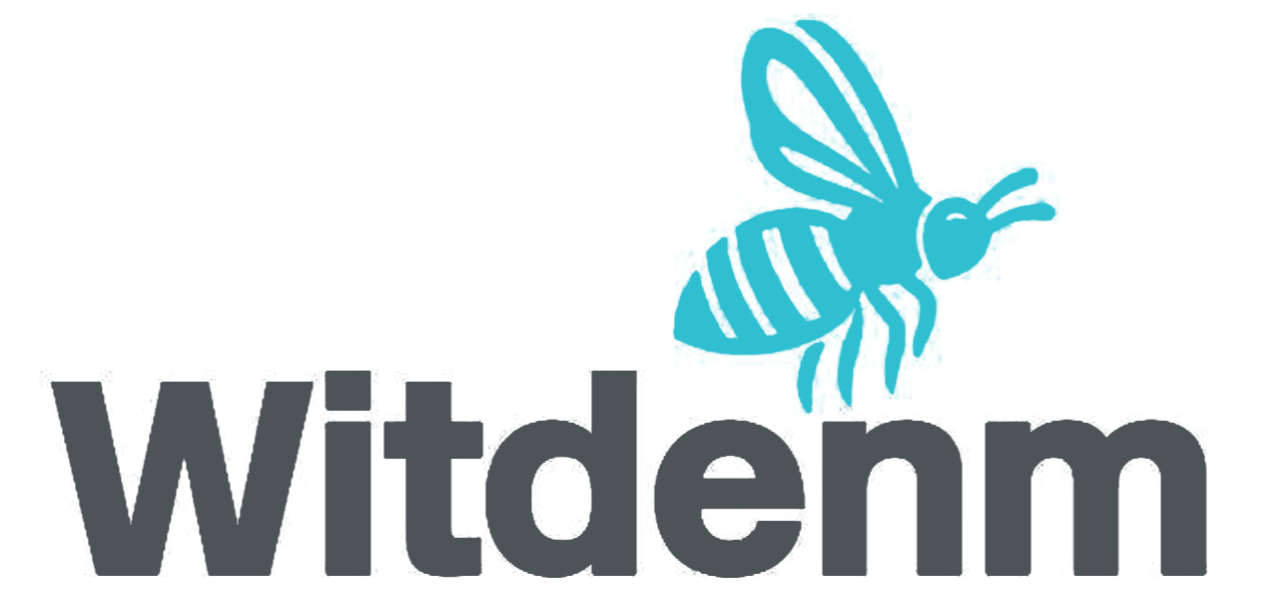
Inclusion, diversity, gender equality, and sustainability are at the heart of everything we do.
Latest news
News
December 19, 2024
Beyond Shelter: Gender, Displacement, and Protection Gaps in Haiti’s Humanitarian Crisis
→ Read nowNews
December 19, 2024
Educational Disruption Among Internally Displaced Children in Haiti: A Deepening Crisis
→ Read nowNews
December 19, 2024
Forced Returns and Humanitarian Stalemate: The Case of Belladère, Haiti
→ Read nowProjects
CAPACITY BUILDING FOR ORGANIZATIONS OF PERSONS WITH DISABILITIES - Inclusive Civil Society Strengthening
The Challenge
Organizations of Persons with Disabilities play a vital role in promoting inclusion and rights, yet often lack the institutional capacity required to effectively implement programs and advocate for policy change at national and local levels.
Overall Objective
To strengthen the institutional and operational capacities of Organizations of Persons with Disabilities across Haiti.
Emergency-Recovery Actions
- Training in project development and management.
- Capacity-building in financial management for non-financiers.
- Leadership and organizational behavior training.
- Technical accompaniment and follow-up support.
Target Groups
- Leaders and staff of Organizations of Persons with Disabilities.
Direct Beneficiaries
Three hundred twenty-five participants, representing approximately twenty-five organizations per department.
Cross-Cutting Inclusion
- Rights-based approach to disability inclusion.
- Gender balance and inclusive participation.
- Do No Harm and accessibility principles.
Expected Results
- Improved organizational effectiveness of OPHs.
- Increased autonomy and sustainability of disability-focused organizations.
- Strengthened advocacy for disability inclusion nationwide.
Viability and Sustainability
A six-month technical follow-up ensures institutional consolidation and long-term impact.
Strategic Impact
The project advances disability inclusion, social equity, and participatory governance, supporting SDGs 5, 10, 16, and 17.
A Call for Collective Action
Supporting this initiative means strengthening inclusive civil society and advancing the rights and autonomy of persons with disabilities.
ECO-DURABLE AND PARTICIPATORY AWARENESS PROGRAM - Community Engagement for Environmental Resilience
The Challenge
Environmental degradation, climate change, and poor waste management significantly affect livelihoods and resilience in Haitian communities. Limited awareness and weak community engagement exacerbate vulnerability to natural disasters and environmental risks.
Overall Objective
To promote sustainable environmental practices and community resilience through participatory education and awareness.
Emergency-Recovery Actions
- Community training on waste management and natural resource protection.
- Awareness sessions on disaster preparedness and climate risks.
- Development and dissemination of a practical environmental guide.
- Engagement of local organizations in follow-up actions.
Target Groups
- Youth, community leaders, and local organizations.
Direct Beneficiaries
One hundred twenty community participants in the West and Central departments.
Cross-Cutting Inclusion
- Community participation and local ownership.
- Environmental sustainability and climate resilience.
- Inclusive engagement of diverse community actors.
Expected Results
- Improved environmental awareness and practices.
- Strengthened community preparedness for environmental risks.
- Increased local engagement in sustainability initiatives.
Viability and Sustainability
Local organization involvement and practical tools support continued community action beyond the project cycle.
Strategic Impact
The program contributes to environmental resilience and disaster risk reduction, supporting SDGs 11, 12, 13, and 16.
A Call for Collective Action
Supporting this initiative means investing in community-driven environmental resilience and sustainable development.
PRECOS - Strengthening Civil Society for Inclusive Dialogue and Citizen Participation
The Challenge
Civil society organizations in Haiti play a critical role in social cohesion and democratic dialogue, yet many face limitations in governance, strategic planning, and citizen engagement. Fragmentation, resource constraints, and limited institutional capacities weaken their ability to influence policy processes and promote inclusive dialogue in a fragile political context.
Overall Objective
To strengthen the institutional capacities and civic engagement of civil society organizations across Haiti.
Emergency-Recovery Actions
• Training of organizational leaders in governance, advocacy, and strategic planning.
• Coaching and mentoring for institutional strengthening.
• Support for citizen participation and dialogue initiatives.
• Promotion of women’s leadership within organizations.
Target Groups
• Leaders and staff of civil society organizations nationwide.
Direct Beneficiaries
Three hundred leaders and managers from civil society organizations across all ten departments, with at least 40% women.
Cross-Cutting Inclusion
• Gender equality and women’s leadership.
• Participatory governance and accountability.
• Inclusive dialogue and citizen engagement principles.
Expected Results
• Improved organizational governance and strategic capacity.
• Stronger civil society participation in dialogue and consensus-building processes.
• Enhanced representation of women in leadership roles.
Viability and Sustainability
Institutional coaching and capacity transfer ensure long-term strengthening of organizations beyond the project period.
Strategic Impact
PRECOS reinforces democratic participation, social cohesion, and inclusive governance, supporting SDGs 5, 10, 16, and 17.
A Call for Collective Action
Supporting PRECOS means strengthening civil society as a cornerstone of inclusive dialogue and sustainable peace.
Do you want to help build a fairer, more peaceful world?
Support us with your philanthropic gifts and grants
“I am convinced more than ever that any society that does not succeed in tapping into the energy and creativity of its youth will be left behind.”
Witdenm
Inclusion, diversity, gender equality, and sustainability are at the heart of everything we do.
We work to build a fairer and more peaceful world, where no one is left behind, democratic principles and the rule of law are upheld, and divides are bridged through dialogue and international cooperation.
